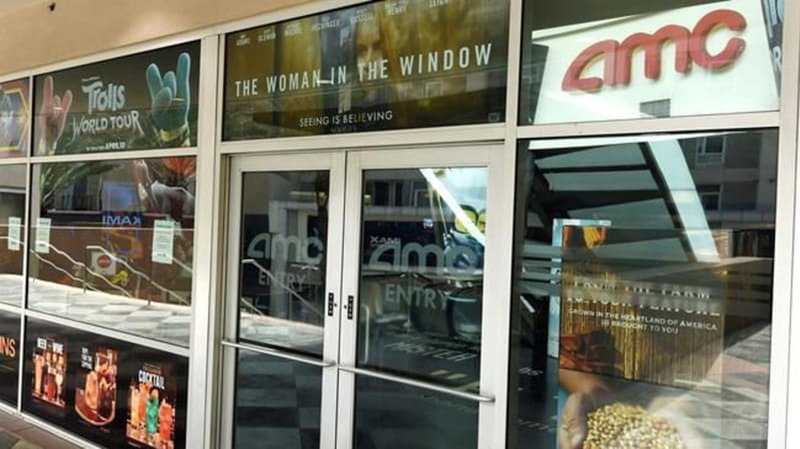
AMC, Universal agree to shorten window after ‘Trolls’ tiff
NEW YORK — In a sign of how the pandemic is remaking Hollywood traditions, AMC Theatres and Universal Studios on Tuesday announced an agreement for a shortened theatrical window, with the studio’s films playing for a minimum of 17 days in cinemas.
The standard window of theatrical exclusivity typically runs about 90 days. Up until now, the largest chains have steadfastly refused to screen films that don’t give releases a lengthy and exclusive run in theatres before moving onto video-on-demand or streaming services. Studios, meanwhile, have increasingly sought to deliver new movies more quickly into the home.
The agreement repairs a rift between AMC and Universal, which is owned by Comcast Corp. In April, with theatres shuttered nationwide, Universal released the animated sequel “Trolls World Tour” by video on demand. NBCUniversal CEO Jeff Shell then trumpeted the digital release as a success and said the studio would, even once theatres reopened, “release movies on both formats.”
That infuriated theatre owners. Adam Aron, chief executive of AMC, said the company would no longer play Universal releases and said he would do the same for any distributor that “unilaterally abandons current windowing practices absent good faith negotiations between us.”


